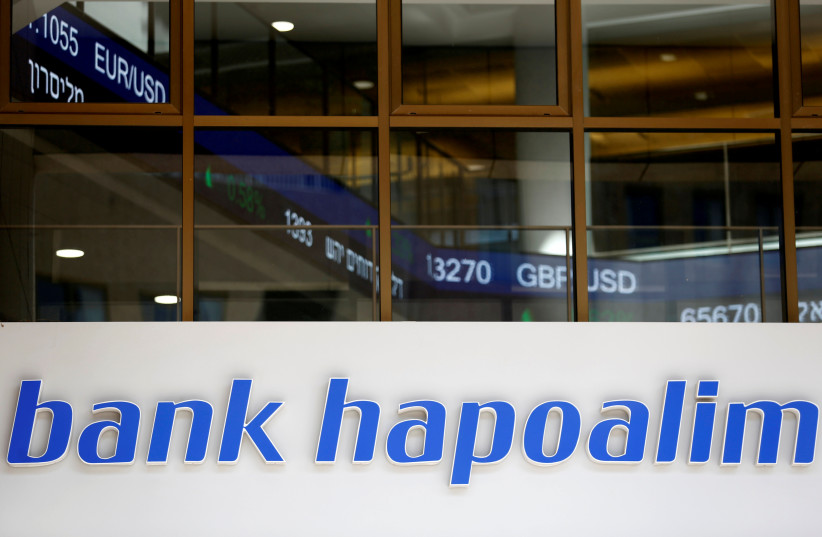Home prices in Israel rose another 1.2% during July-August, bringing the price increase over the past 12 months to 9.2%, according to the Central Bureau of Statistics. Prices rose most sharply in Jerusalem (10.7%) and central Israel (10.5%).
The price of new homes rose 0.6% during July-August, and 11.8% over the past year. The construction inputs index, which tracks changes in the cost of building materials and labor and affects prices of apartments under construction, rose 0.3% in September, and 4.5% over the past 12 months.
Economists are generally in agreement that housing prices will continue to rise in the coming years, due to high demand and the lack of supply in the housing market.
The Consumer Price Index (CPI) rose 0.2% in September, CBS said, in line with analysts’ expectations. Prices for fresh fruit and vegetables rose a sharp 9.5%, while prices fell in the categories of culture and entertainment (2.6%) and clothing (2.1%).
The CPI has risen 2.5% over the past 12 months, or 2.3% when energy is excluded.
Prices will continue to rise in the coming months, due to inflationary pressures worldwide, especially for energy, Bank Hapoalim analysts told investors in a note following the CPI report. The price of a barrel of Brent oil reached $85 over the weekend, a figure that is expected to affect the price index for November.

“Inflation in 2021 is expected to reach 2.8%, but we expect this rate to moderate over time,” Bank Hapoalim said. “The forecast for the next 12 months is 1.9%. We continue to estimate that the main risk is for higher inflation for the coming year. Longer-term inflation depends largely on the labor market: if we see wages responding to rising inflation, it may leave inflation at a high level. The risk of higher inflation in the world increases over time and it also affects Israel.”
This will affect Israel’s monetary policy decisions in the near future, the bank said. “Like most central banks in the world, the Bank of Israel sees the rise in inflation as a temporary phenomenon, but in practice, it has gradually begun to change policy: not extending the bond purchase program, changing the monetary guidance and even updating the research division’s interest rate forecast. The chances of at least one interest rate hike in the second half of 2022 now look high.”
In a note sent by Bank Leumi, economists also predicted that inflation will rise 1.6%-1.9%, and by 0.3%-0.5% in October. US inflation will likely reach 5%-6%, Leumi said.
